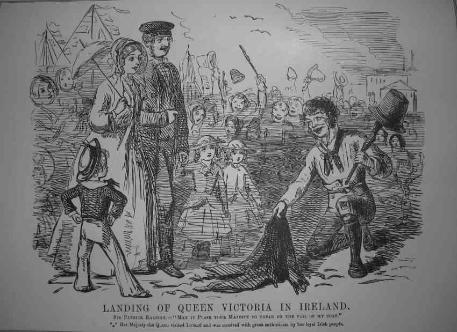Catholic Loyalty in Britain and Ireland 1660-1900
 Where: TCD Long Room Hub When: 28-29 September 2012, 10am-5pm. | A SYMPOSIUM TCD 28-29 September 2012 In November 1874 W.E. Gladstone wrote that no person could convert to Roman Catholicism without ‘renouncing his moral and mental freedom and placing his civil loyalty and duty at the mercy of another.’ Long before emancipation in 1829 Catholics, predominantly from the wealthier laity, had made many efforts to emphasise their loyal credentials despite the misgivings of much of the Protestant establishment. This symposium seeks to explore the relations of British and Irish Catholics with an unfriendly state, from the seventeenth to the nineteenth century. Particular emphasis will be given to the often lesser known strands of Catholic society which sought an accommodation with the state. *** The question of Catholic loyalty – how to define, how to display and where to bestow it – outlasted the collapse of the Jacobite cause and endured into the nineteenth century, freighted with historic memories, and was opened up again in England, Scotland and Ireland by the campaign for civil Emancipation. It called upon recusants to define what sort of Catholics they wished to be – Jacobite or Hanoverian, Whig or Tory, defenders or critics of their continental co-religionists – and raised questions for their Protestant compatriots that penetrated to the heart of British and Irish national identity. |